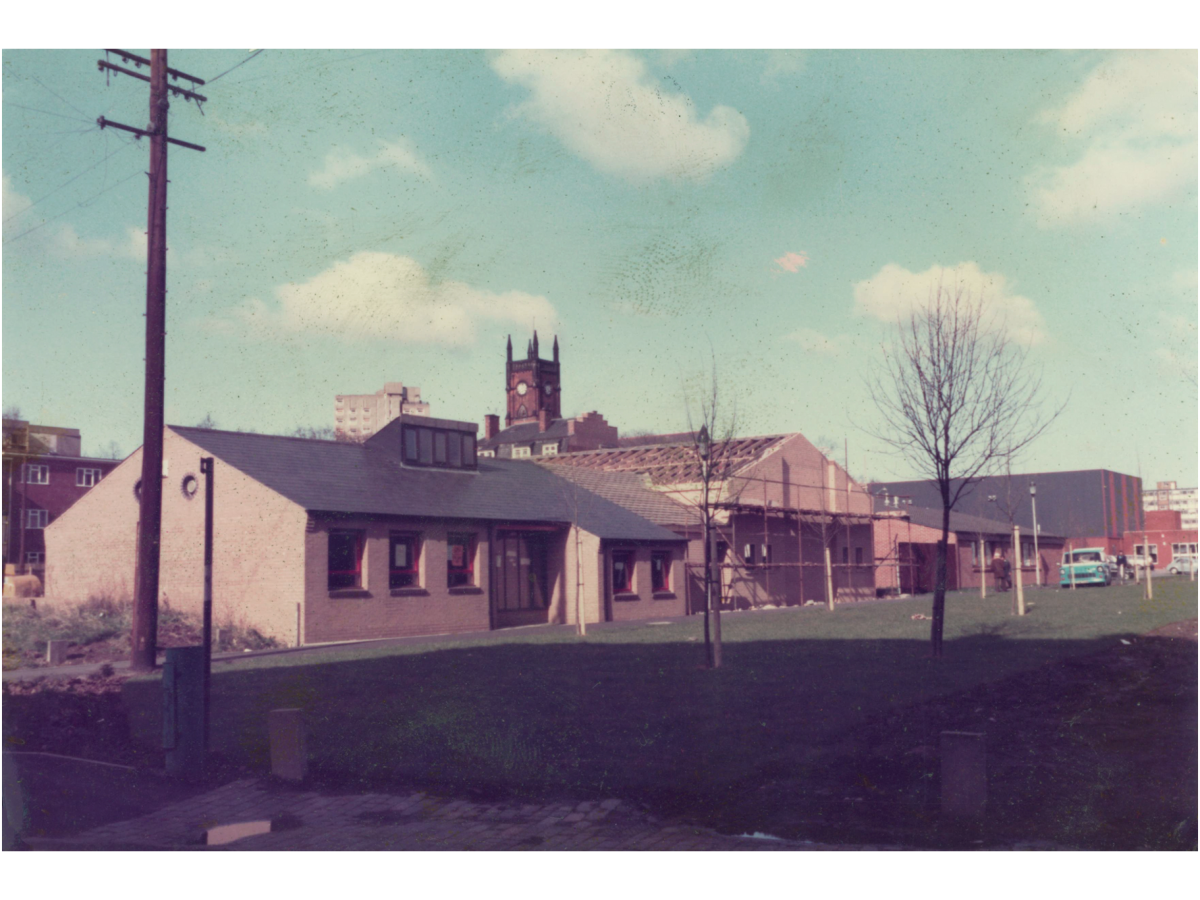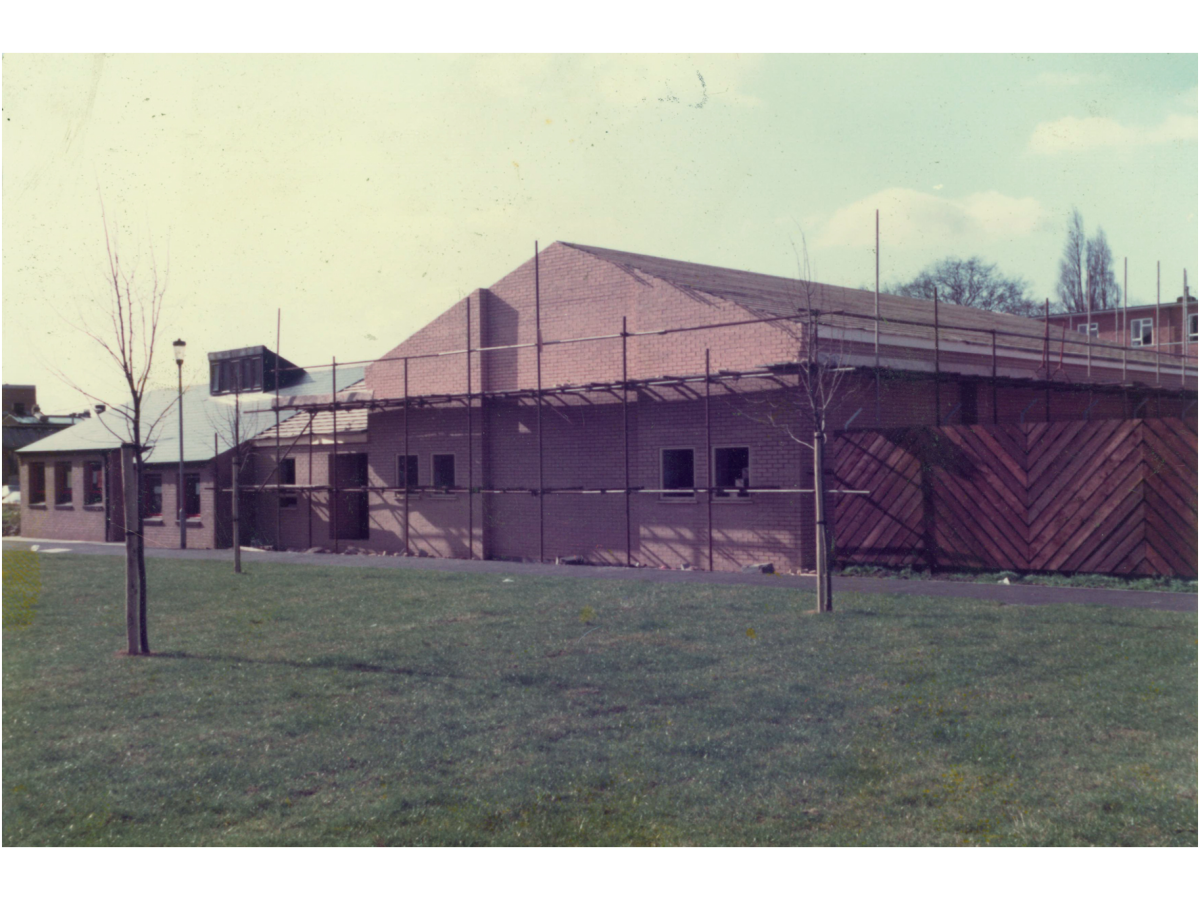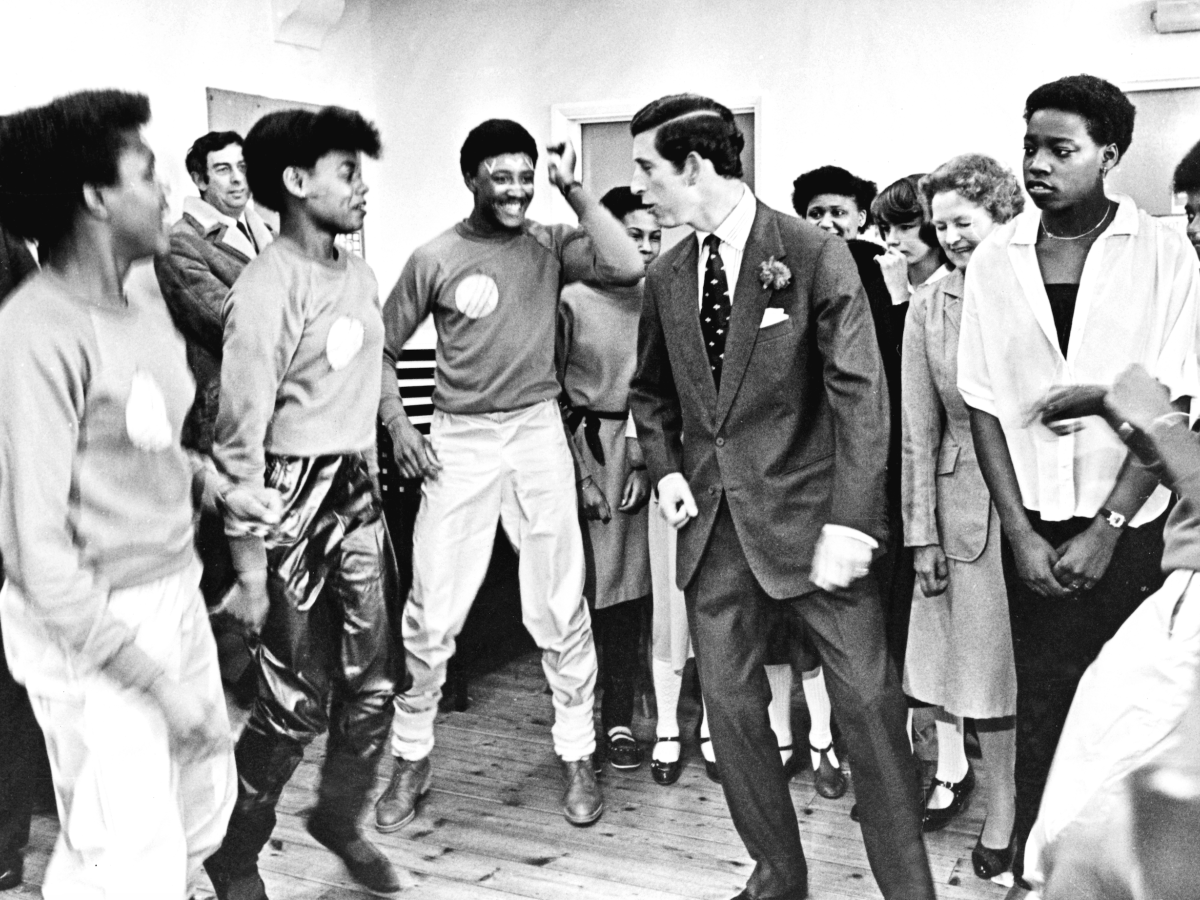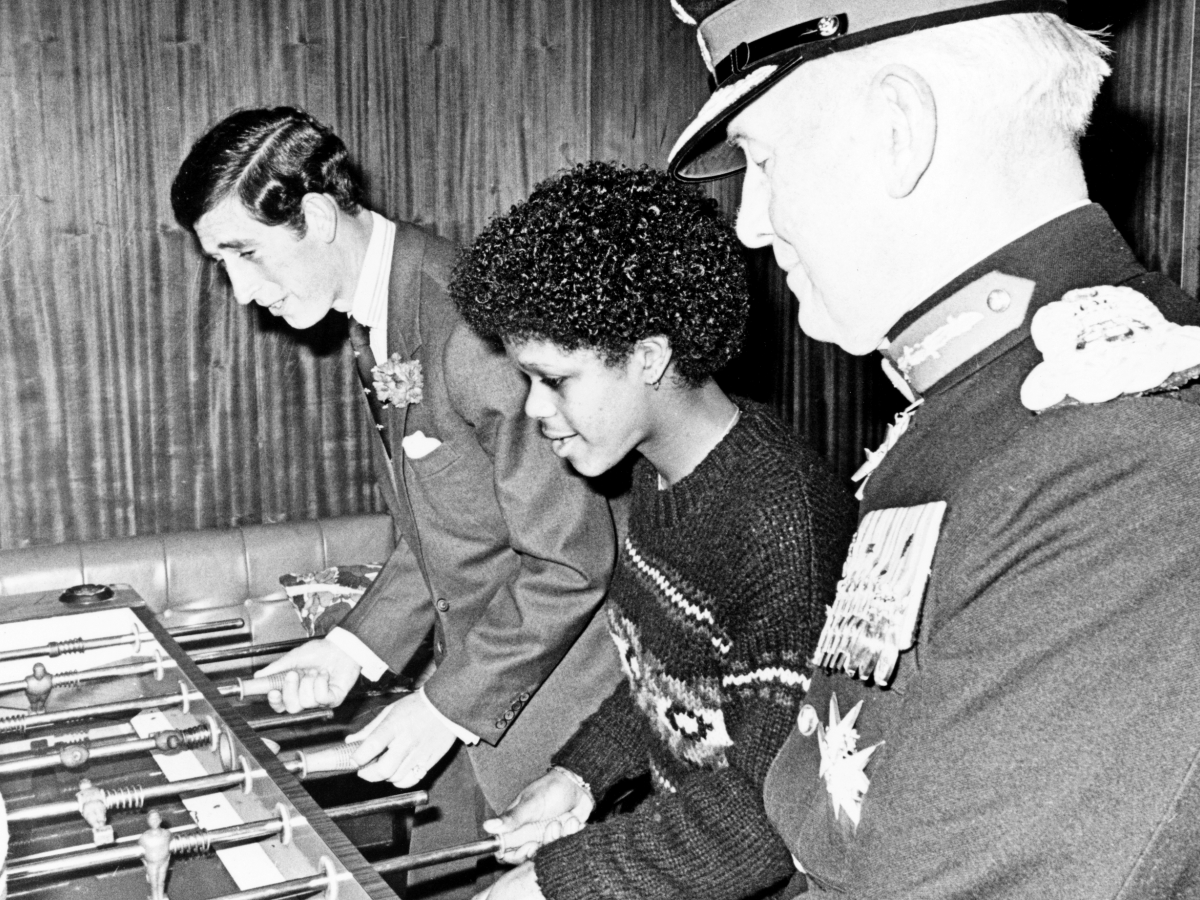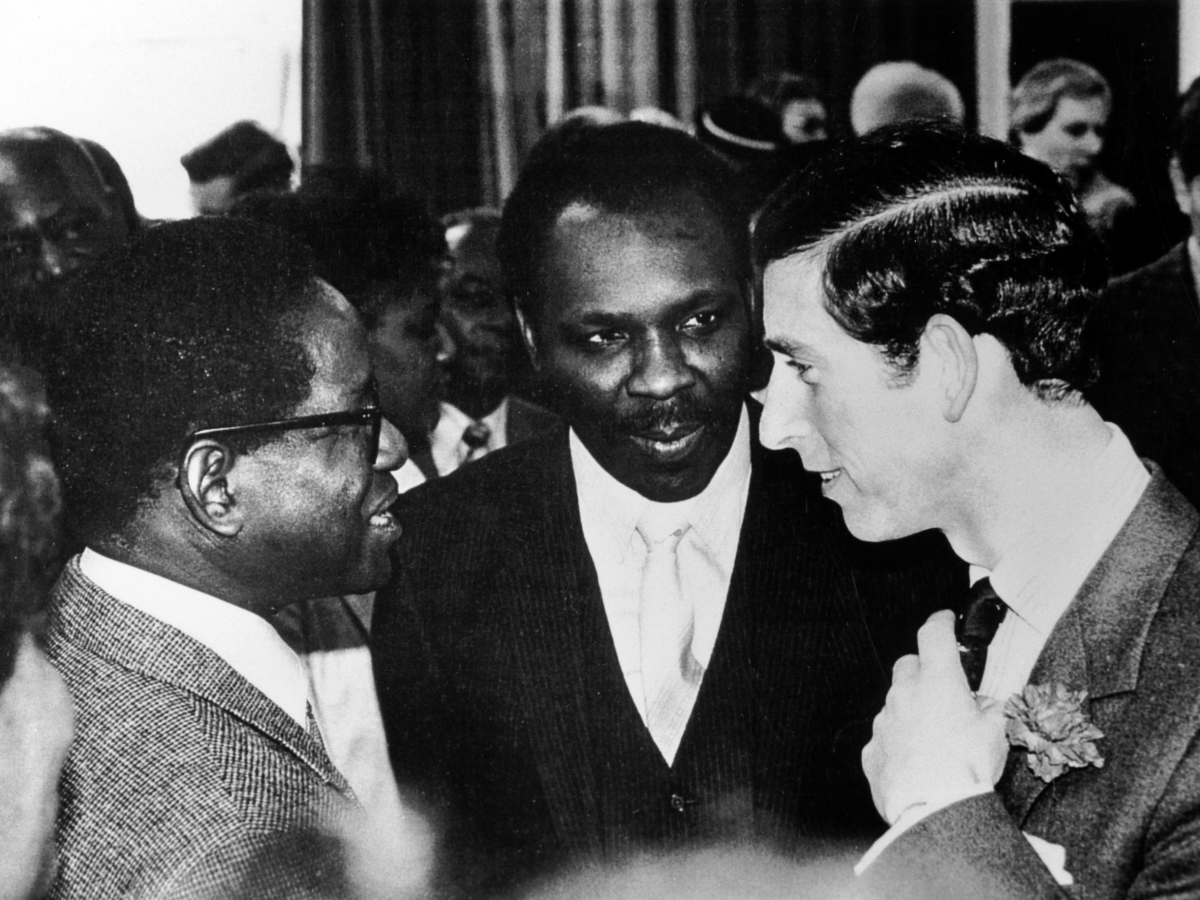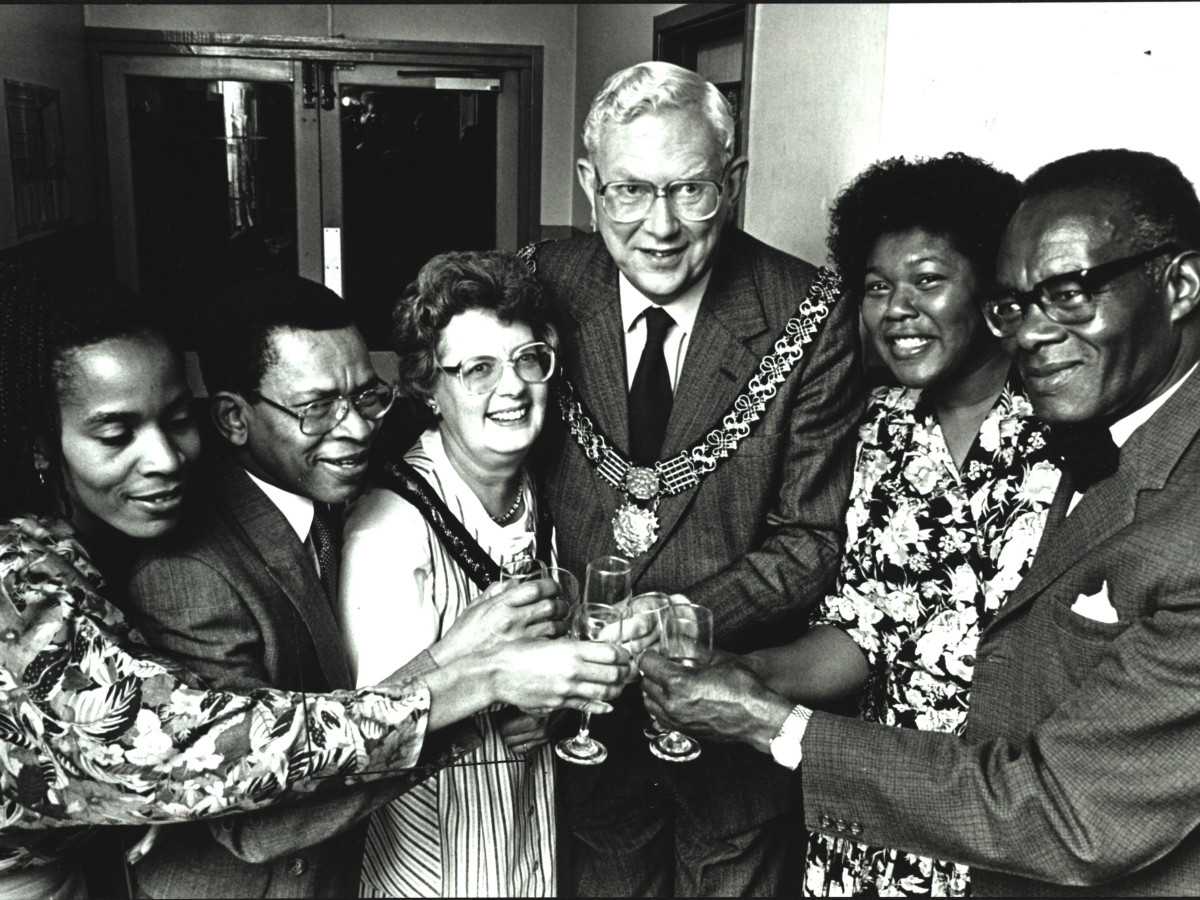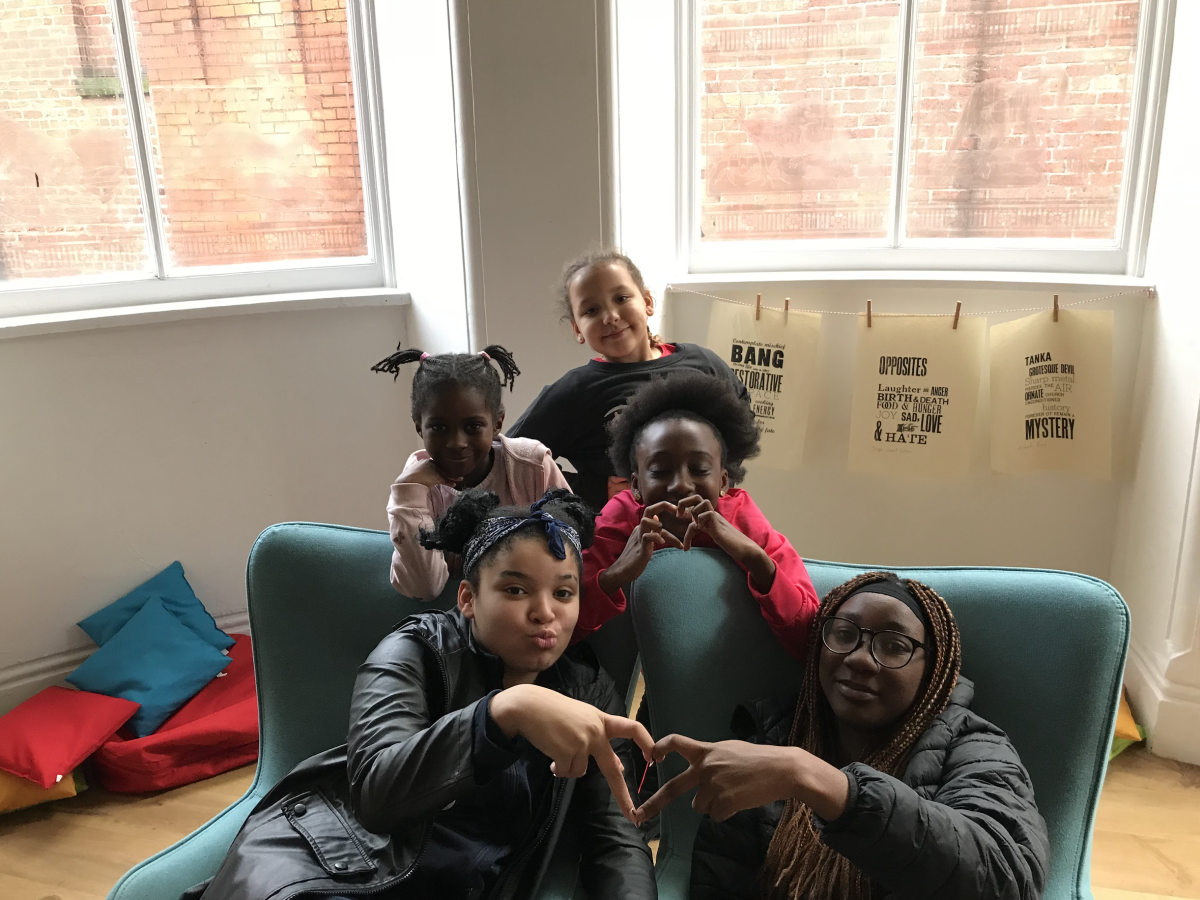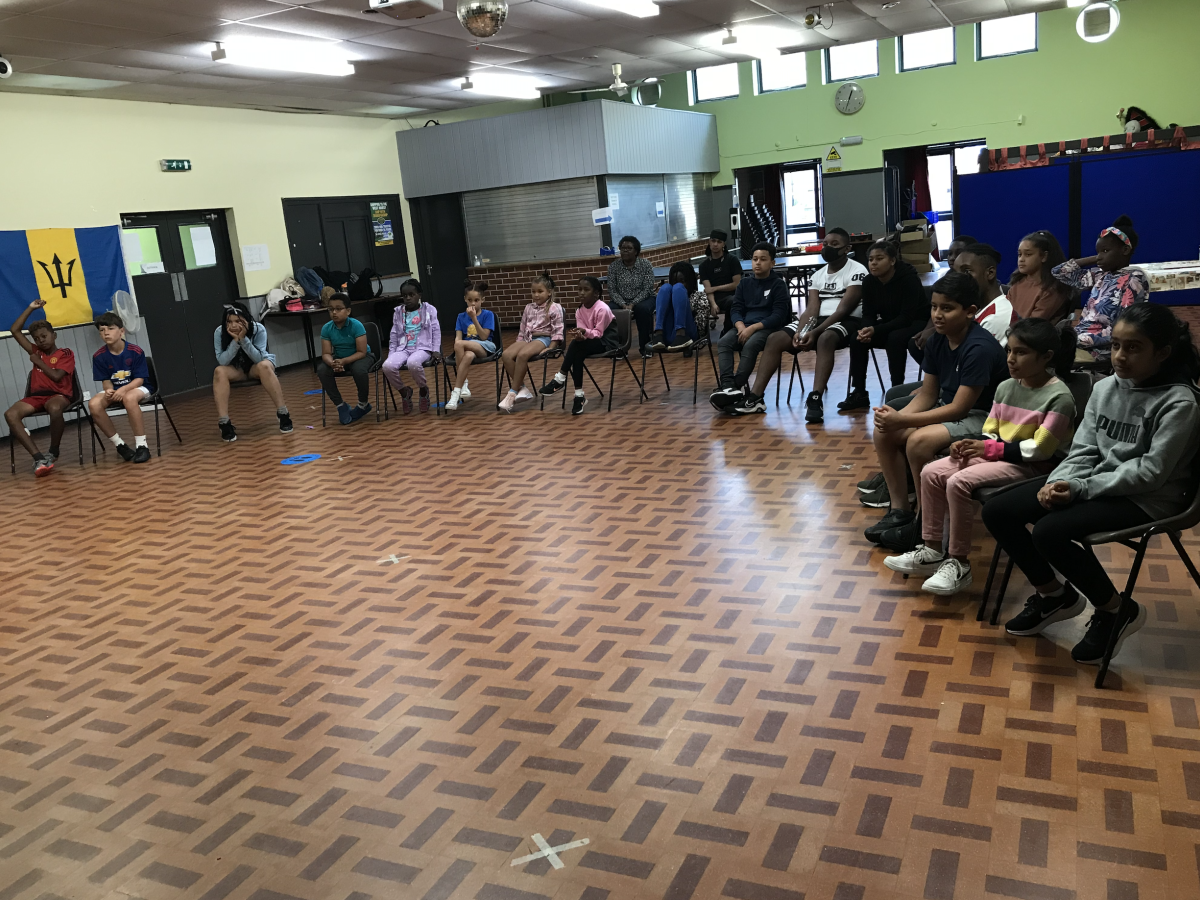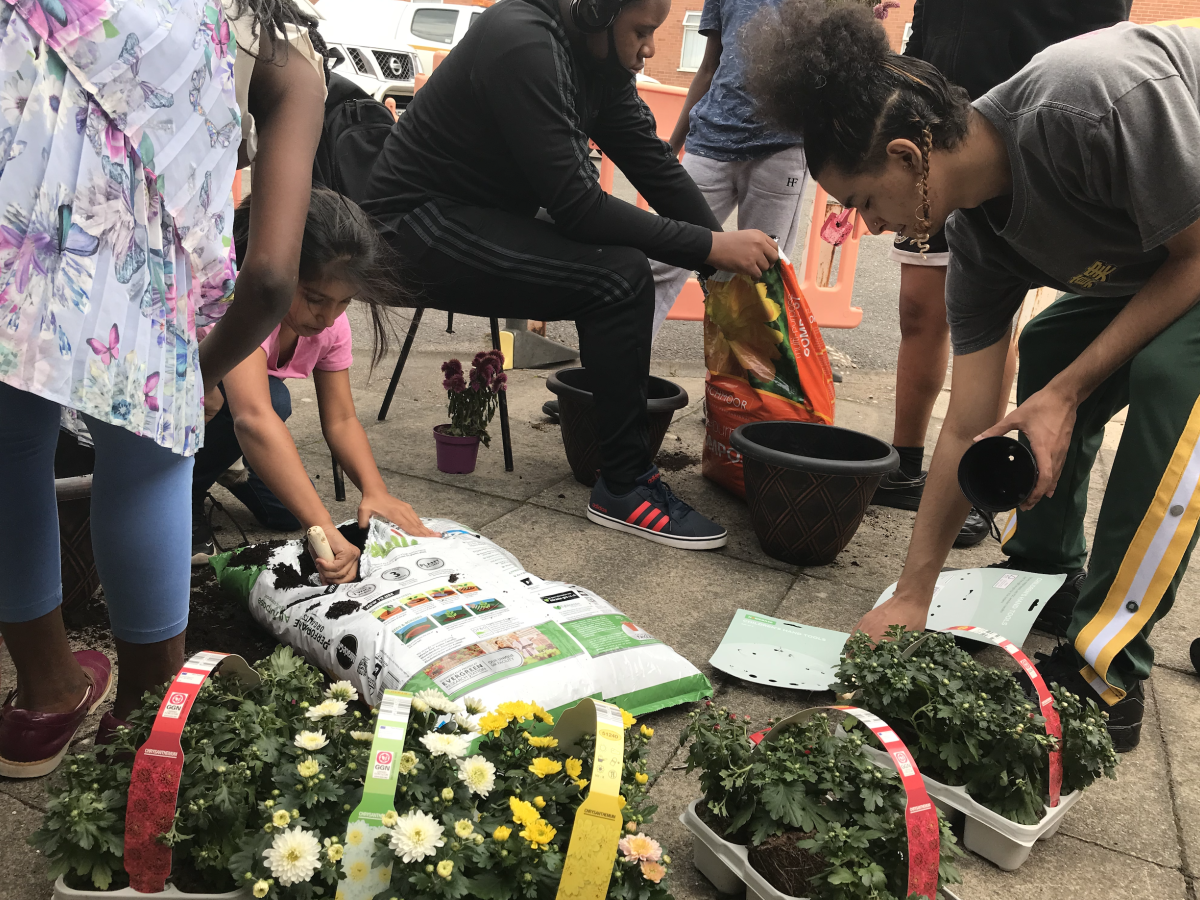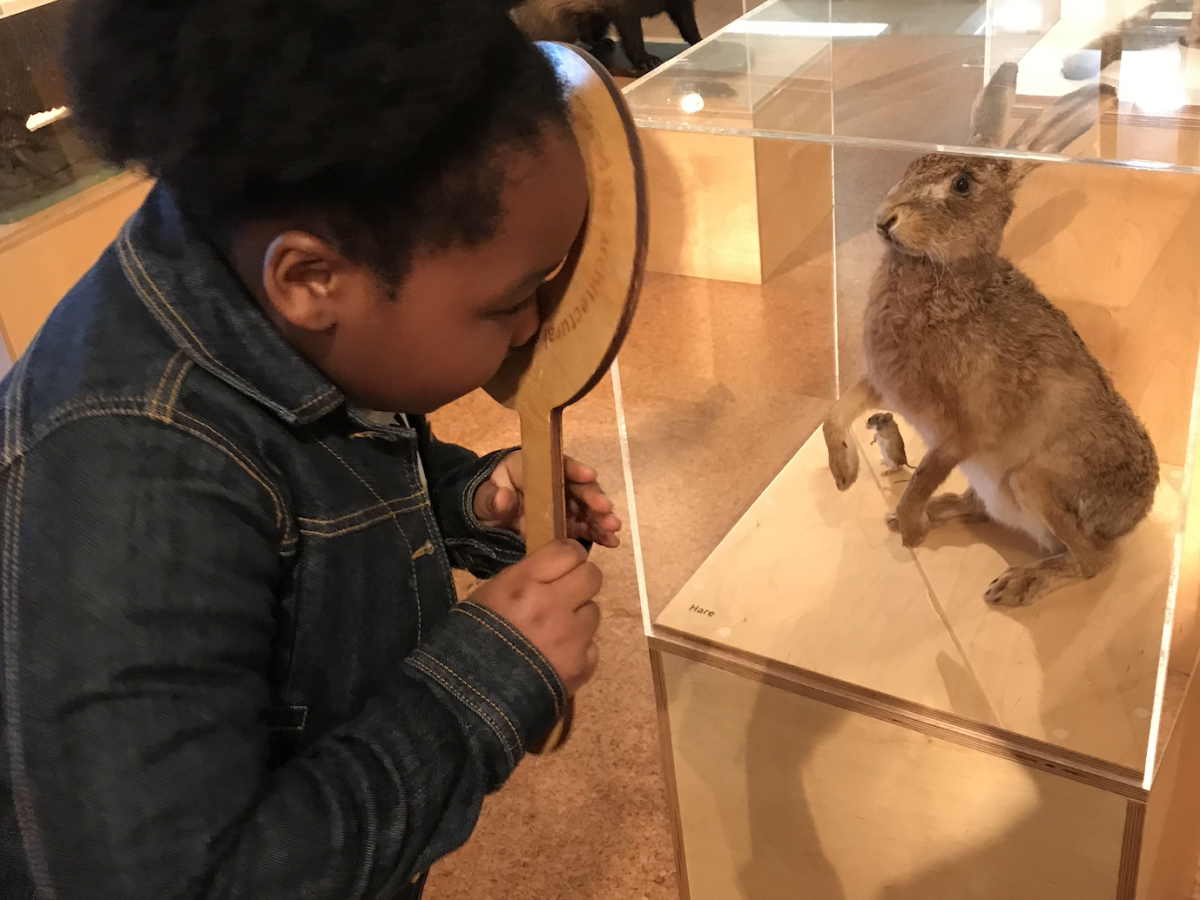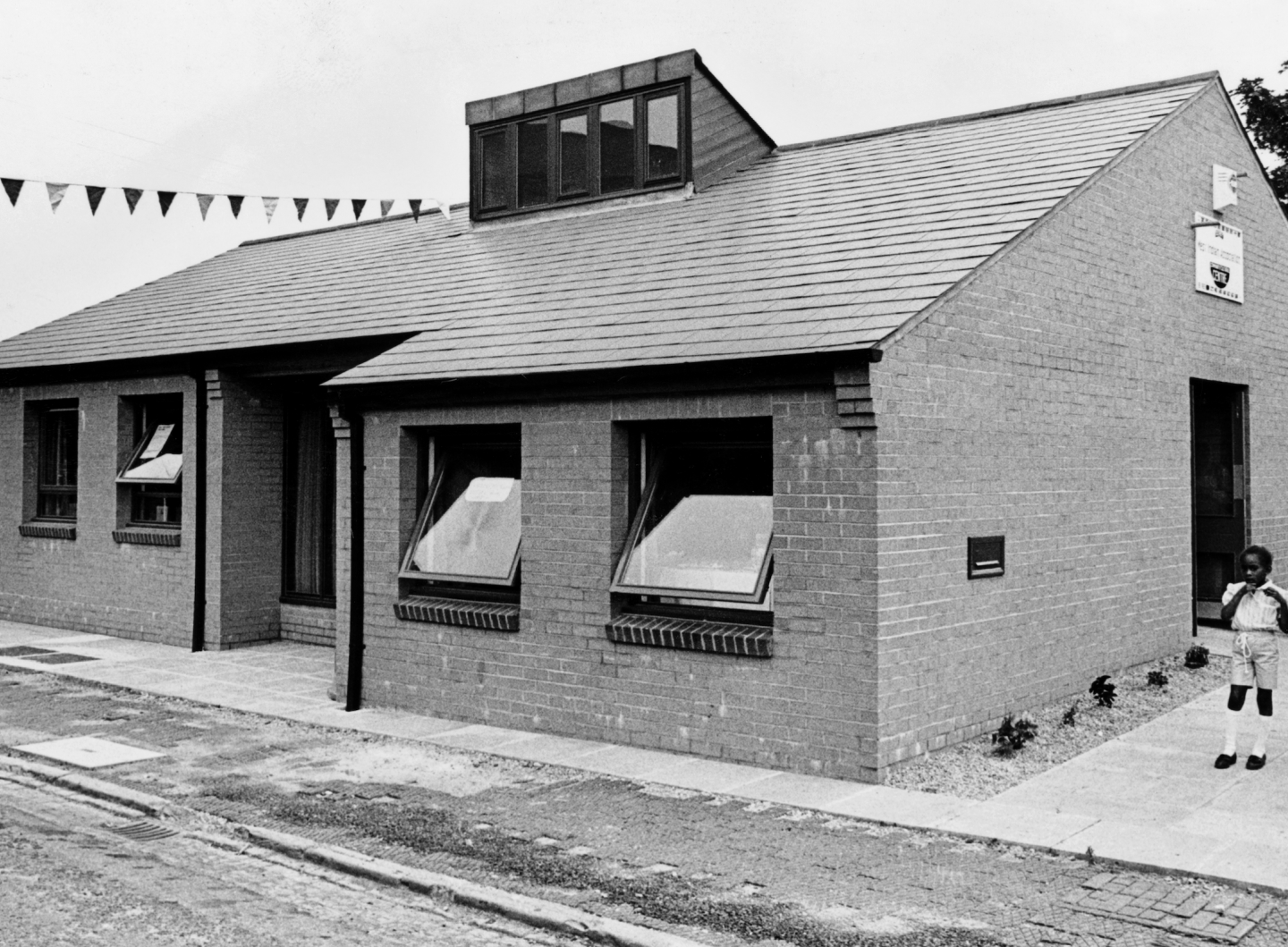
Establishing Community
By the 1970s Derby West Indian Community Association(DWICA) had supported its members to arrive and settle, and the community began building its presence in the city.
Membership grew with a new base for services and activities. As a result of skillful and strategic negotiations with local MP’s, Church bodies, Derbyshire County Council, Derby City Council, Council for Racial Equality and other key stakeholders, funding was secured for phase two of the building. The building was officially opened in 1982 by the Mayor of Derby, Cllr. Norman Glen and the Lord Lieutenant of Derbyshire, Sir Peter Hilton. The High Commissioner of Trinidad and Tobago, Eustace Seigaret was Guest of Honour.
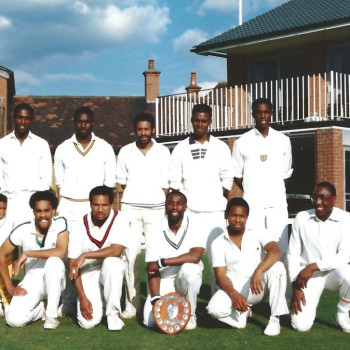
Sports
Sport also supported integration with the wider community. DWICA helped set up local cricket, football, netball and dominoes teams. The West Indies and Derby had a strong history of sporting links through the cricketers who called Derbyshire their horne - the first being Charles Olivierre in 1902. The 1970s and 80s was the greatest period in West Indian cricket history and their success was important to the diaspora in England.
Music
If sport encouraged respect, then music brought admiration as the sounds of the Caribbean began to imprint itself onto mainstream British culture. In the 1950s Calypso was the leading sound but, as Jamaica became independent in 1962, the new sounds of ska, rocksteady and reggae began to takeover in the Caribbean and the UK.
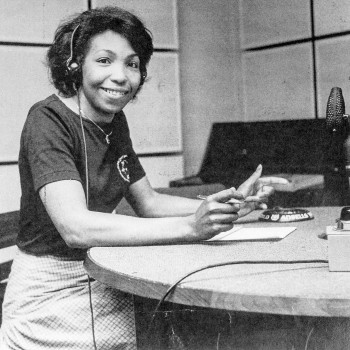
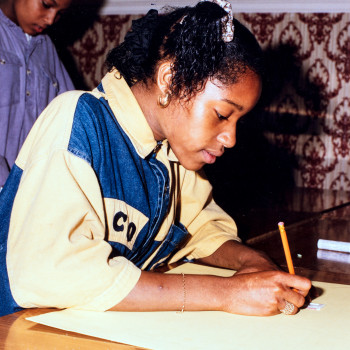
Education
DWICA continues developing educational projects in response to parent and young people’s needs, including Youth Clubs, Summer School, an annual Youth conference and the Caribbean carnival troupe.
Dominoes
Playing dominoes was common place in the Caribbean and was recognised by the Derby West Indian Association (DWIA) as a tool for social cohesion amongst their members.
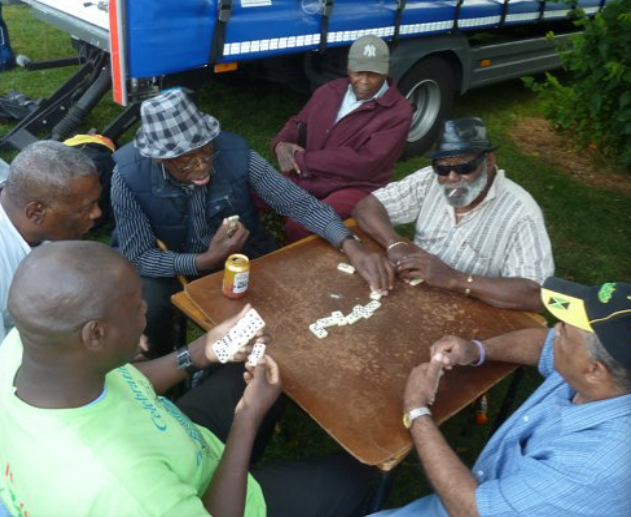
Key People & Recognition
Key figures took up roles in civil society including Charles Hill, former DWICA chairman, who became the second black magistrate in the country in 1969. Integral to community confidence and cohesion, others followed suit, with Derby seeing its first Black teachers, Police Officers, and local councilors.
Many Derby West Indian Community Association staff and volunteers have been recognised locally and nationally for their work developing community cohesion.
Some are Pictured Here:
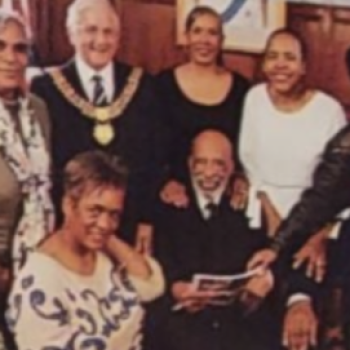
Oral Histories
View all
